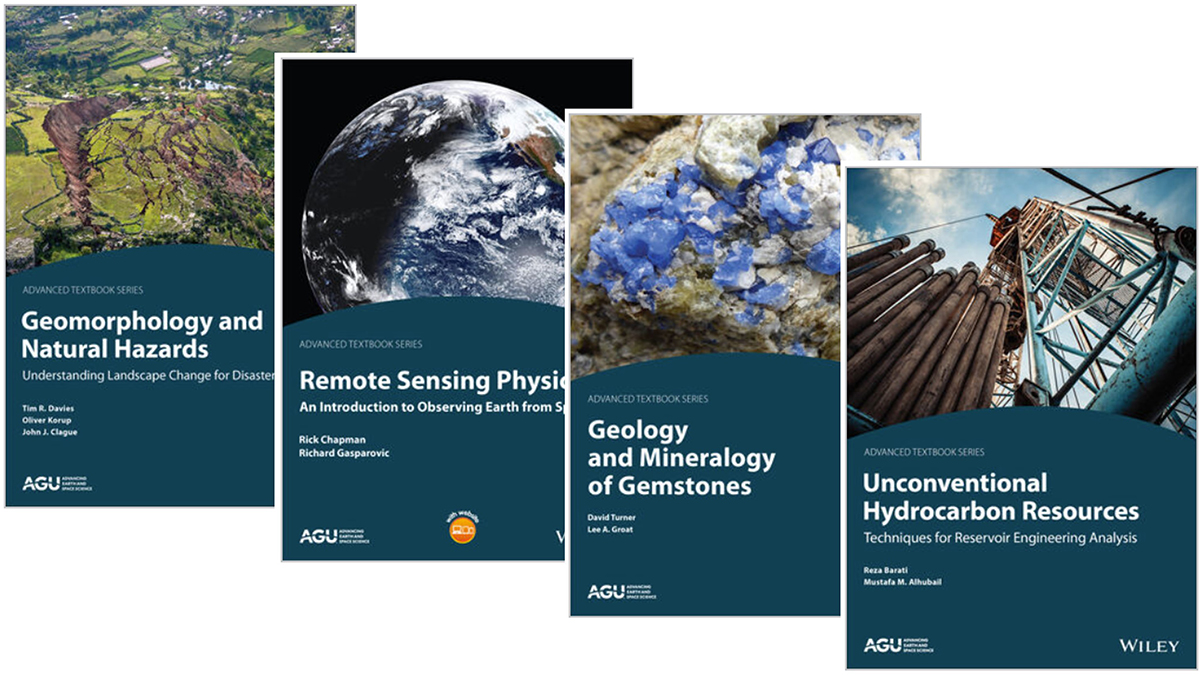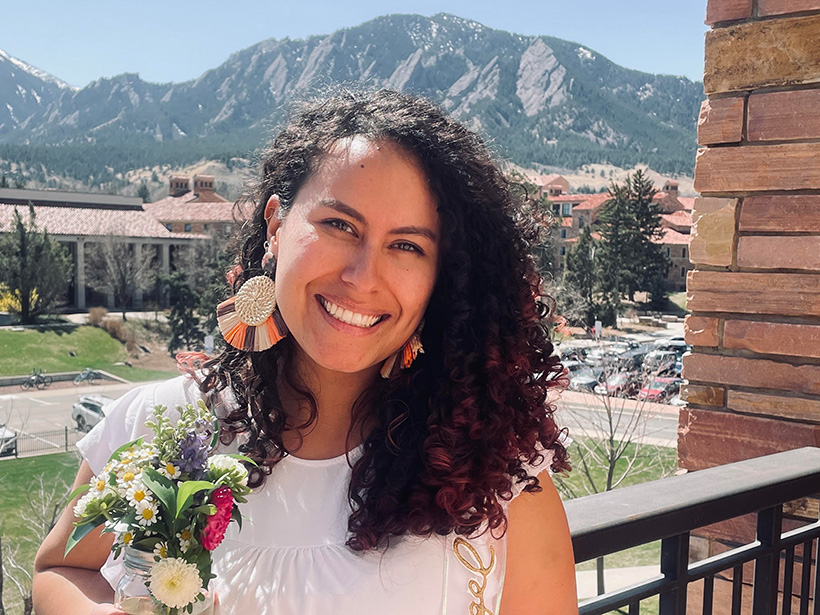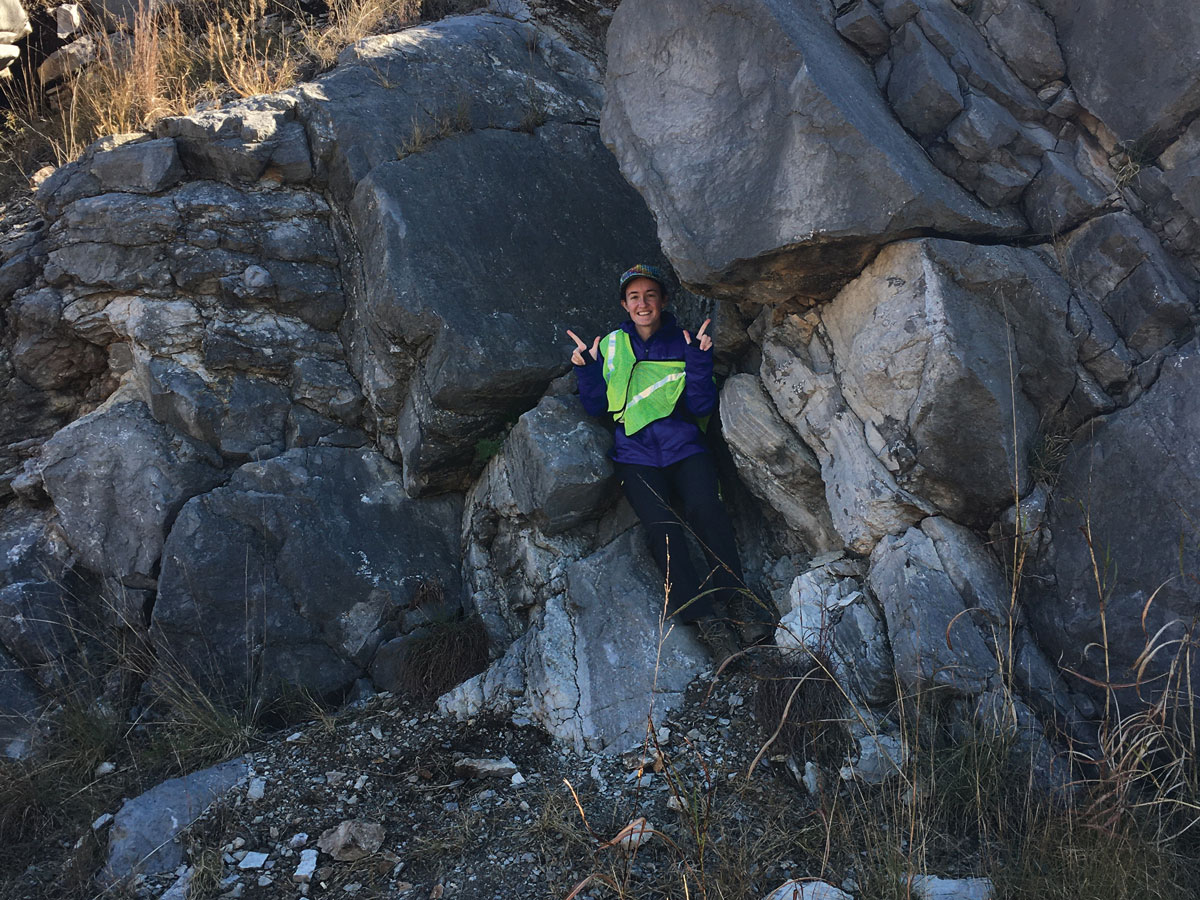A tale of three institutions: How grassroots alumni organizations are encouraging climate action, with mixed results.
academia
AGU Books Expands into Advanced Textbooks
Find out more about the AGU Advanced Textbook Series that enables upper undergraduate- and graduate-level students to engage with primary literature and develop skills of critical analysis.
Simpler Presentations of Climate Change
The basics of climate change science have been known for a long time, and the predicted impact of a doubling of atmospheric carbon dioxide on global temperature hasn’t changed much in 100 years.
Notebooks Now! Elevating Computational Notebooks
AGU is launching a community-driven effort, funded by the Alfred P. Sloan Foundation, to support computational notebooks as primary research objects in scholarly publications.
Fernando Temprano-Coleto: Going with the Flow
A career in fluid mechanics is both intellectually stimulating and well suited to solving environmental problems.
Lina C. Pérez-Ángel: Proud to Study Paleoclimate in Colombia
As a young Latina, Pérez-Ángel brings a fresh perspective to paleoclimatology.
Lauren Haygood: Normalizing STEM in America’s Heartland
Community science builds bridges while generating valuable environmental data.
The Career Issue: OK, But Explain “Anything”
Our second annual Career Issue examines how an education in the Earth and space sciences can lead to a multitude of rewarding paths.
In Appreciation of AGU’s Outstanding Reviewers of 2021
AGU editors recognize the contributions of peer reviewers, whose expertise and dedication ensure optimal science communication within our journals.
After GRExit: Reducing Bias in Geoscience Graduate Admissions
Dropping the GRE is just a first step toward holistic admissions. To further reduce bias in applicant evaluations, the UMass-Amherst geosciences program has changed the way it assesses students.










